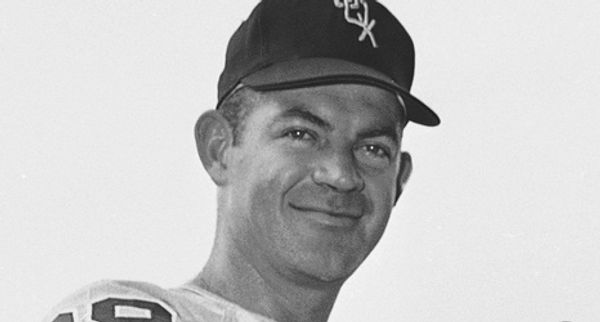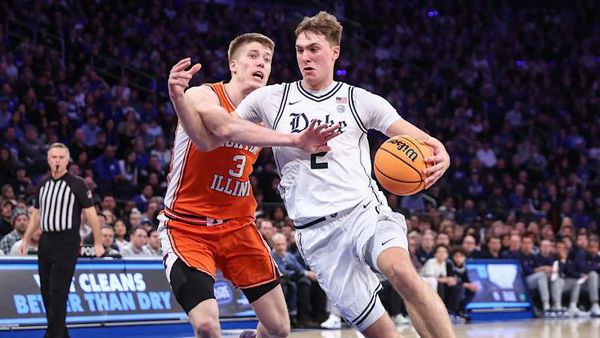
An attorney for a Minnesota man charged in the stabbing death of a 15-year-old suburban Chicago girl more than half a century ago wants statements he made at a police station suppressed.
Attorney Terry Ekl argued in a recent defense motion that statements Barry Whelpley made to Naperville investigators at the Minnesota police station should be excluded because they occurred in a continuation of a seven-hour interrogation that began at his home, the Arlington Heights Daily Herald reported Tuesday.
A hearing on the motion is scheduled for Aug. 10.
Whelpley, 78, is charged with first-degree murder and aggravated criminal sexual assault in the 1972 death of Julie Ann Hanson, of Naperville. The Minnesota man was arrested two years ago after DNA evidence linked him to the case.
Hanson disappeared on July 7, 1972, while riding her bicycle to her brother’s baseball game. Her body was discovered a day later in a field. She had been stabbed 36 times, coroners said.
Will County Judge David Carlson ruled last year that statements Whelpley made to police or his wife at his home were inadmissible.
Elk wrote in his latest motion that Whelpley "was interrogated for seven hours at his residence without being advised of his Miranda warnings in violation of the Fifth Amendment. After he was placed under arrest and transported to the police station, the interrogation continued almost immediately.”
In his motion, Ekl argues that even though Whelpley was read his Miranda rights at the police station, investigators continually referenced statements he made to police at the home. A video of the police station interrogation shows police spent the first 15 minutes summarizing what Whelpley said at his home.
Allowing the statements from the police station would circumvent Carlson’s previous ruling, Ekl argued.
Prosecutors declined to comment on the motion Tuesday, according to the Arlington Heights Daily Herald. They have until July 10 to respond to Ekl’s motion.
Ekl did not disclose what Whelpley said at the police station but said his client did not confess to the killing.
The girl’s murder remained unsolved for decades. The breakthrough in the case came through technological advancements in DNA and genetic genealogy analysis, police said. From that came the scientific evidence that pointed to Whelpley, a 1964 graduate of Naperville High School who lived about a mile from the girl’s house when she was killed.
Whelpley remains in jail on $10 million bail.







